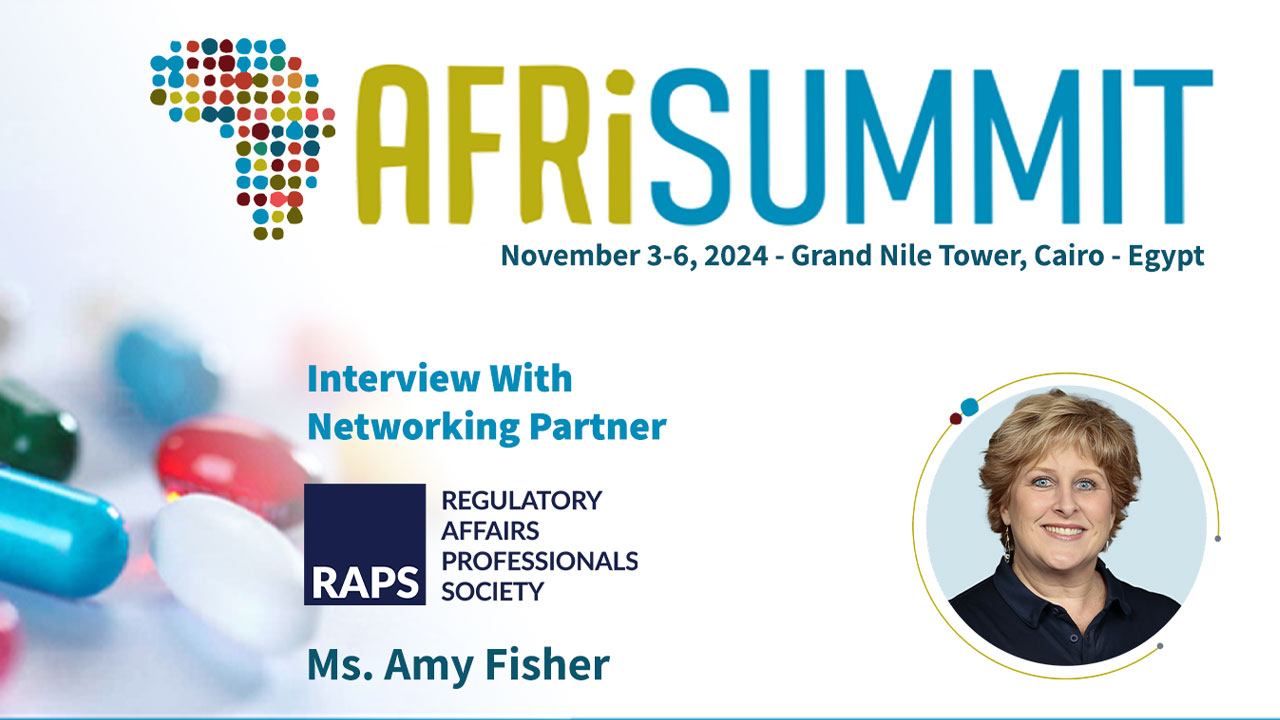- Can you describe the primary role and mission of the Regulatory Affairs Professionals Society (RAPS) in the healthcare and regulatory sectors?
The Regulatory Affairs Professionals Society (RAPS) is the largest global organization of professionals involved with regulatory and quality for healthcare products, including medical devices, pharmaceuticals and biologics, diagnostics, and digital health.
Founded in 1976 as a neutral, nonprofit organization, RAPS supports and elevates the regulatory profession with education and training, professional standards, publications, research, networking, career development, and other valuable resources. RAPS serves as a forum where a diverse group of stakeholders from health authorities, academia, and industry can interact and come to common understanding together. The Society seeks to increase the increase the capabilities and competency of all of those working in healthcare regulatory affairs.
Additionally, RAPS is home to the Regulatory Affairs Certification (RAC), the only post-academic professional credential to recognize regulatory excellence.
The Society is headquartered in suburban Washington, D.C., with chapters and affiliates worldwide. RAPS is headquartered in the U.S. with an operations center in Brussels, and chapters and affiliates worldwide.
- How does RAPS support its members in staying current with evolving regulations?
RAPS is highly committed to supporting global regulatory affairs professionals throughout their entire career. In fact, everything we do is created by (and for) the global regulatory community,
and helping them stay abreast of evolving regulations is one our most critical priorities.
In addition to Regulatory Focus—which provides timely, quality news, information and analysis fully dedicated to covering regulatory issues associated with healthcare products and the regulatory profession—RAPS has an extensive portfolio of programs, resources and events that keep the global regulatory profession up-to-date and connected.
RAPS provides opportunities for the community to engage directly with global regulators at RAPS Convergence, RAPS Euro Convergence and our conferences. Professionals can get questions answered from peers on Regulatory Exchange (our members-only online forum). Our research, workshops, webcasts and publications offered throughout the year also focus on the most current issues and developments across regulatory.
RAPS also produces the Regulatory Competency Framework (RCF), which details essential elements of what is required of regulatory professionals at four key career and professional levels. Each of RAPS’ programs and initiatives are mapped to the stages of the Regulatory Competency Framework so we can ensure that we are meeting the demands and needs of professionals at all times.
- What are some of the biggest regulatory challenges that professionals in the healthcare industry are facing today, and how is RAPS addressing these challenges through its programs and initiatives?
We survey the global regulatory community regularly, and based on our latest findings, the top challenge for respondents was keeping up-to-date with regulatory information.
As you know, regulatory professionals play vital roles throughout the healthcare product lifecycle, from concept through product obsolescence. They provide strategic, tactical and operational direction and support for working within regulations to expedite the development and delivery of safe and effective products around the world. The continuous evolution of science and rapid change of the regulatory environment, health sector and general economics each shape the dynamic and expanding scope of the regulatory profession.
Specific areas of challenge that commonly are raised across geographic boundaries include the advent of AI regulation, as well as the proper use of AI in manufacturing and regulatory operations. Digital health technology is an area where our membership is seeking greater understanding as well. A perennial challenge for our membership has been understand how health authority harmonization efforts will impact regulatory strategy and frameworks.
These topics and challenges do not stay stagnant over time. That is why RAPS continually monitors the regulatory landscape to provide members—and the regulatory community at-large—with news, events, programs, research and resources to help them solve problems and do their jobs more effectively. In the end, we are all focused on improving patient care and advancing public health.
Other top challenges in our recent research were related to skill and career development, work-life balance, and networking. Early- and mid-career respondents were more concerned with career advancement, and tenured counterparts with work-life balance.
As mentioned previously, ensuring that we have tools and resources for professionals across all stages of their career—and across the Regulatory Competency Framework—is critical to RAPS’ mission. As a non-profit organization, we are always innovating and reinvesting back into the profession.
- RAPS offers a variety of certifications and training programs for regulatory professionals. Can you discuss the benefits of obtaining a RAPS certification and how it can impact an individual’s career in regulatory affairs?
RAPS’ offerings serve two distinct purposes: to educate professionals on a wide variety of topics and to validate knowledge acquisition and the ability to apply that knowledge.
The primary purpose of any professional certification program is to provide that independent assessment and validation of the knowledge, skills, and competencies required for successful performance of a job or job role.
As the largest global organization of professionals involved with regulatory and quality for healthcare products, RAPS is pleased to offer the Regulatory Affairs Certification (RAC). The RAC is the leading credential for regulatory professionals in the healthcare sector and includes two designations—one for Pharmaceuticals (RAC-Drugs) and one for Medical Devices (RAC-Devices).
Earning the RAC is an important investment in your career and demonstrates that you have the skills and knowledge to succeed as a regulatory professional. Employers recognize the RAC as the “gold standard” in regulatory, and according to RAPS 2022 Global Compensation and
Scope of Practice Report, RAC holders typically earn 8% more than non-RAC holders.
Another component of RAPS’ certification portfolio is the Regulatory Compliance Certification (RCC), a new tool for candidates and employers to validate regulatory compliance and PRRC knowledge as it pertains to Medical Devices Regulations (MDR) and In Vitro Diagnostic Medical Devices Regulations (IVDR).
Launching soon, RAPS will also offer the Foundation in Regulatory Affairs (FRA), new credentials that demonstrate regulatory foundational knowledge in specific disciplines that build upon offerings from RAPS Online University.

